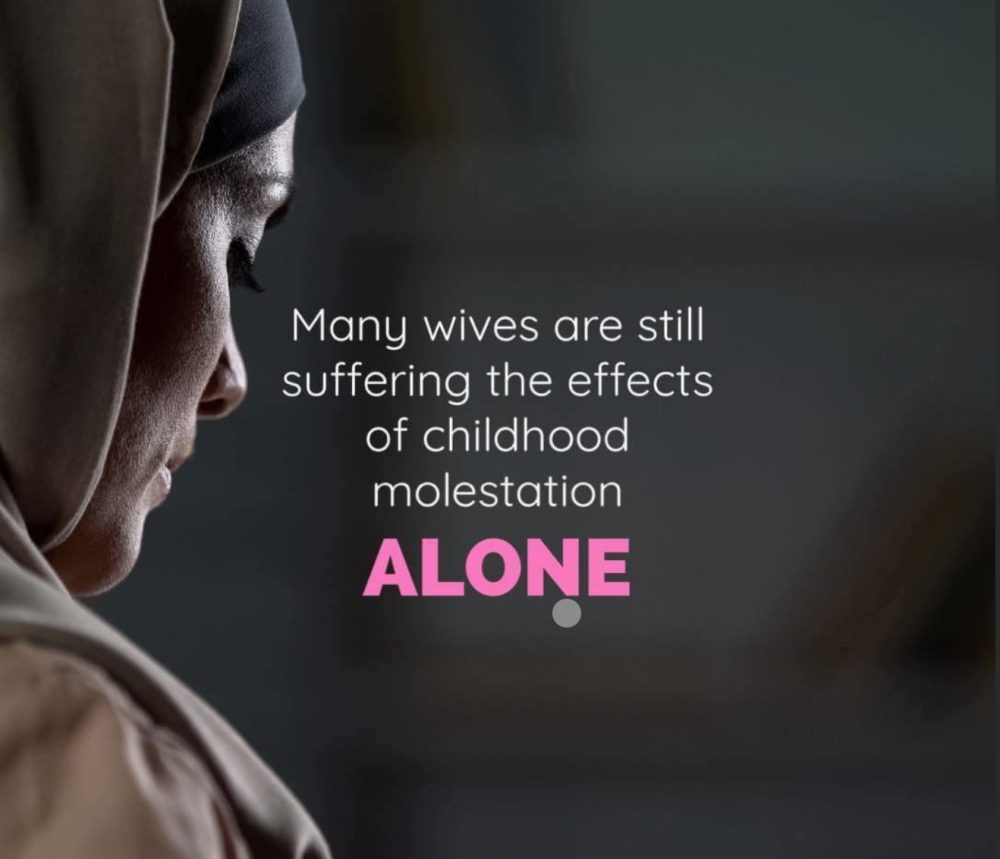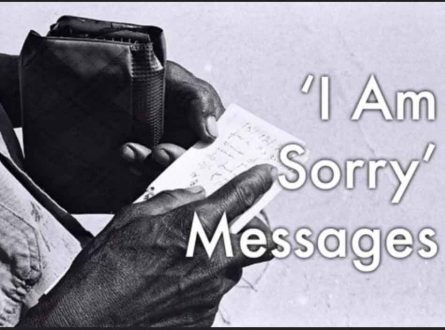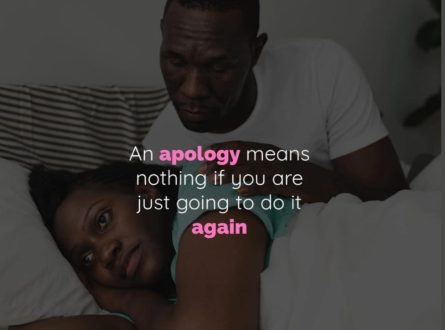What are relationship warning signs? How can you tell who they are? And most importantly, what should you do if your relationship has gotten to a point where it’s no longer healthy?
Here’s how to figure out what to do when there are red flags in a relationship.
What are red flags in a relationship?
Warning signals are known as red flags, and they can point to unhealthy or manipulative behavior.
They are not always obvious at first glance, which is one of the factors that contributes to their high level of risk. On the other hand, they have a pattern of expanding over time and becoming more problematic as they do so.
In discussions pertaining to abusive or toxic relationships, the term “red flags” is frequently used. The presence of toxicity is possible in any close relationship, whether it be with friends, colleagues, family members, or partners.
Warning signals may point to narcissism, aggression, victimization, or even abusive behavior on the part of the individual. You can keep yourself from getting involved in a relationship that is unhealthy if you are aware of some common warning signs.
If you’re in a relationship and you start to notice warning signs, it’s a good idea to take a step back and examine the dynamic you really have with the other person.
Toxic behavior is frequently covert and sneaky in its manifestation. It strikes when we are at our most vulnerable, and if we are unable to put up a fight against it, it can eventually take control of our lives.
This has the potential to cause harm to not only ourselves but also to those around us. The cultivation of self-awareness in relation to warning signs and harmful behavior can assist us in avoiding them completely.
6 red flags in a relationship to look out for
Behavior that is too authoritarian
Excessive control freakiness is a warning sign. People that try to dictate your actions, thoughts, or beliefs have their own interests in mind rather than yours.
When two people are truly in love, they are able to put their differences aside and work together. When two people interact, neither can dictate what the other does.
The second problem is a lack of trust.
The cornerstone of any happy partnership is trust. Having people you’re close to distrust you is a significant red flag that your relationships are insecure.
Undoubtedly, we all have our moments of uncertainty. However, this should not prevent us from putting our faith in the people we care about. Mutual trust is essential for any relationship to thrive.
3. Feeling low self-esteem
The individuals who are closest to you should be the ones that lift you up and not the ones who bring you down.
When you love someone, you feel compelled to do everything you can to help them and bring out the best in them. Something needs to be adjusted if you are not getting the support you need from your partner, your family, or your friends.
4. Abuse of the body, mind, or emotions
Abuse of the body, mind, or emotions is an obvious red flag in any relationship. Abuse of the body is easier to spot. But in the long run, emotional and mental abuse can be just as bad. And just like physical abuse can cause PTSD, so can abuse of the mind or emotions.
No one has the right to ever blame you for their own problems. Those should be dealt with in a fair and constructive way. Abuse is never the right way to deal with a problem.
5. Abuse of drugs
Abusing drugs is a clear warning sign. It means that a person has trouble controlling their impulses and has habits that hurt themselves. Depending on the drug, if someone is addicted, any relationship can quickly become dangerous.
So, it’s important to know that drug abuse is a disease, and your loved one might need help. Reach out to the Substance Abuse and Mental Health Services Administration (SAMHSA) for help if you or someone you know is having trouble.
6. Narcissism
Narcissistic personality disorder is a mental condition that shows a person is too focused on themselves and has the wrong idea of how important they are. It can seem like grandiose thinking, but not in a clinical way. Even though it might feel that way to the people close to them, they are not having a break with reality. Narcissists think that everything in the world is about them. And if someone threatens this belief, it usually leads to trouble and chaos.
Being emotionally close to a self-centered, narcissistic person can be exhausting and traumatic. Their needs will always get more attention than yours.





















